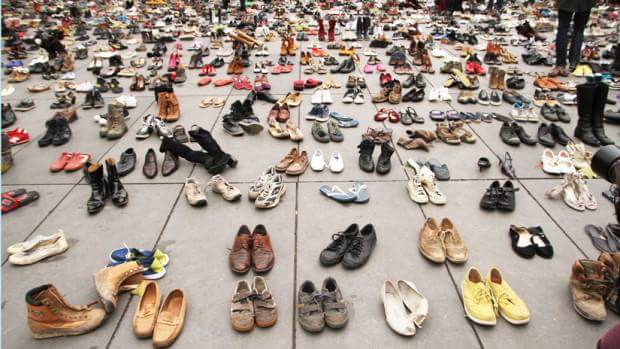Many people look at the state of the mental health system and say what we need is a culture based on recovery. But what would that involve?
Every culture, every group, every model is based on its assumptions about what it believes to be true. A recovery based system would be no different. It would make every effort to “prove” it was true, but even that proof would be interpreted in light of its assumptions about what is true and real.
What are some of the assumptions that a recovery based system makes?
- Individuals matter. No degree of impairment or difficulty make them matter less.
- If an individual is important what is important to that individual is important: his thoughts, feelings, goals, aspirations, and interests. No degree of impairment makes those things matter least.
- If an individual matters then recovery is not about what others develop for him, but about what he chooses for himself.
- The primary thing that is recovered is the ability to make informed decisions about life based on the tools acquired, the knowledge gained, the success experienced, and the continuing care and support of others.
- Mental health professionals are often essential for recovery, but their appropriate role is as a consultant or coach and not direct supervisor.
- Recovery assumes that hope is a real thing. Life can and should be a movement towards better things. The steps may be slow and require much in the way of patience, but no matter how slow or small they are they are real and should be valued and treasured.
- Recovery assumes that mental illness does not cause you to lose anything essential to being a human being. Mental illness may block you. It may disrupt you. It may damage you. It may detour you. It does not diminish what it means for you to be a human being.
- Recovery assumes personal responsibility. It is not something done to you. It is not something you are given as much as it is something you get.
- Recovery assumes that you can develop and maintain relationships with other people. That you can love and are worthy of being loved.
- Recovery assumes that you can support and help others, that often, the greatest help you get is in the help you give.
- Recovery assumes that mental illness does not make a happy life a delusional concept.
- Recovery assumes that mental illness (or whatever term you choose to substitute there) is real and the pain and desperation it brings to human life is real and that everyone is entailed to the help they need to regain the life they deserve to have a chance to live.
- Recovery assumes that people are biological, social, emotional, cognitive and spiritual beings and recovery to be real and meaningful may have to address each of these dimensions.
- Recovery assumes commitment. It is not a given, a right or an entitlement. While very possible it assumes the commitment of those seeking it and their determination to do whatever it takes to achieve it.
- Recovery assumes that all of us are more than the names we are called or the labels placed upon us and to reduce us to these names or labels is inherently unfair, wrong and misses the reality of who we are.
- Recovery assumes that since it is an individual thing and each of us has our own burdens that recovery will vary with each person in speed, distance, and kind.
- Recovery assumes that while some burdens can be surmounted, others must be lived with and that recovery helps us to learn the difference and develop the skills to do each.
Some of these assumptions are commonly accepted in the mental health system now. Some are not. This is not meant to be an exhaustive list, but part of the movement towards a culture of recovery means helping others to see this assumptions, adopt them as a valid way of looking at things, and to press for them to become an operative part of the experience of anyone who has mental health issues and becomes involved with the mental health system.

That is an excellent list. Though it is implied I would add a few:
*Recovery means building a full and meaningful life in a community of friends and family
*Recovery means finding and expressing your authentic voice
*Recovery is comes from building a strong sense of self
*Recovery is learning to love and accept love (slightly different nuance than yours)
*Recovery is different for nearly everyone because it is an expression of each person’s unique history and culture
*Recovery is more difficult in an industrialized society, perhaps because machines are valued more than people in such a world
thanks for your comment. right on the nose.